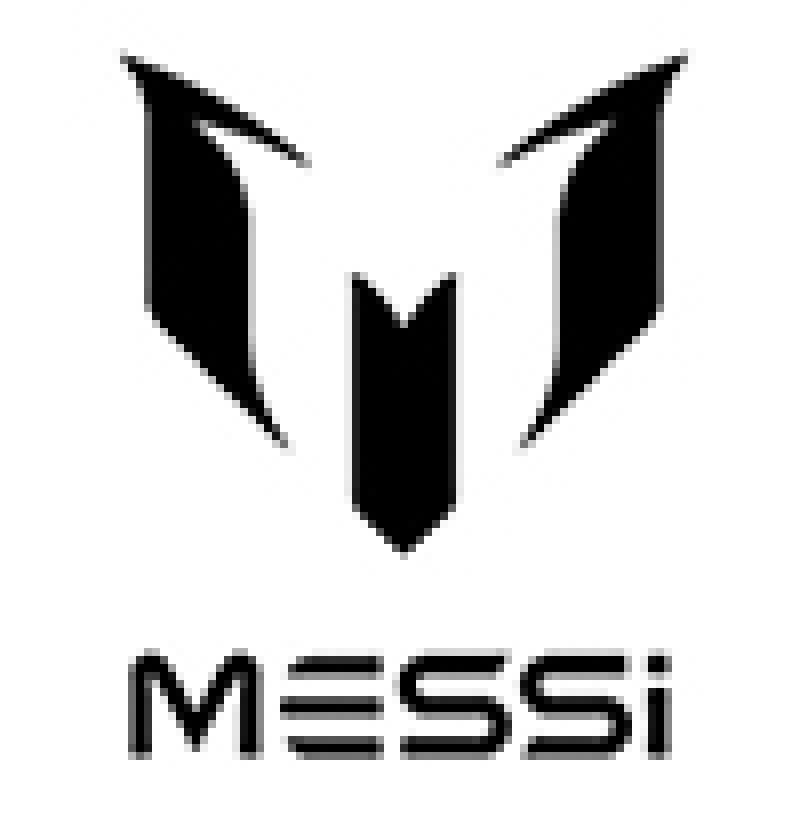After a seven year fight, the EU General Court has ruled that world famous football star Lionel Messi may register a logo including his surname MESSI as a trade mark for sports equipment and clothing. The mark had been challenged by a Spanish cycling gear manufacturer who owns the mark MASSI.
MESSI v MASSI
In 2011, Messi sought to register a logo (depicted below), including an emblem featuring the letter "M" and the surname Messi underneath as an EU trade mark.

The mark was applied for, among others, clothing, footwear, gymnastics and sports articles. In November 2011 Jaime Masferrer Coma filed an opposition against the registration of the mark based on an earlier EU trade mark, MASSI, registered for, inter alia, clothing, shoes, bicycle helmets, protective clothing and cycle gloves. Mr Coma claimed that the signs were too similar and would cause confusion in the market.
The European Union Intellectual Property Office (EUIPO) ruled in favour of Jaime Coma in 2011, finding that there was a likelihood of confusion between the marks, due to the similarity of the dominant parts of the marks. It was of the opinion that the terms MASSI and MESSI are almost identical from a visual and phonetic point of view and that only a small part of the relevant public would make a possible conceptual distinction between the marks. The decision was upheld by the EUIPO and later confirmed by the Board of Appeal.
Well-known public figure
Messi appealed against the decision before the General Court of the European Union. The General Court disagreed with the EUIPO and annulled the earlier decision. According to the General Court a large part of the relevant public is familiar with Messi being a celebrity with a lot of media exposure. As a consequence, the majority of the public is likely to link the term MESSI to the name of the well-known football player, even more so given the goods in question.
No likelihood of confusion
Conceptual differences may under certain circumstances counteract visual or phonetic similarity between signs. This rule is only applicable when at least one of the marks at issue has a clear and determined meaning enabling the relevant public to seize it immediately. The other mark must have no such meaning or an entirely different meaning.
The General Court found that the fame enjoyed by Messi gives MESSI a clear and determined meaning. Furthermore, MESSI is clearly distinguishable from the word MASSI, which does not have any specific meaning, except in Italian where it could mean "large stones". In conclusion, the conceptual differences neutralise the visual and phonetic similarities between the marks in question and any likelihood of confusion is therefore excluded.

|
Myrthe Pardoen |
V.O.Carnegieplein 5, 2517 KJThe HagueThe NetherlandsTel: +31 70 416 67 11Fax: +31 70 416 67 99info@vo.euwww.vo.eu










